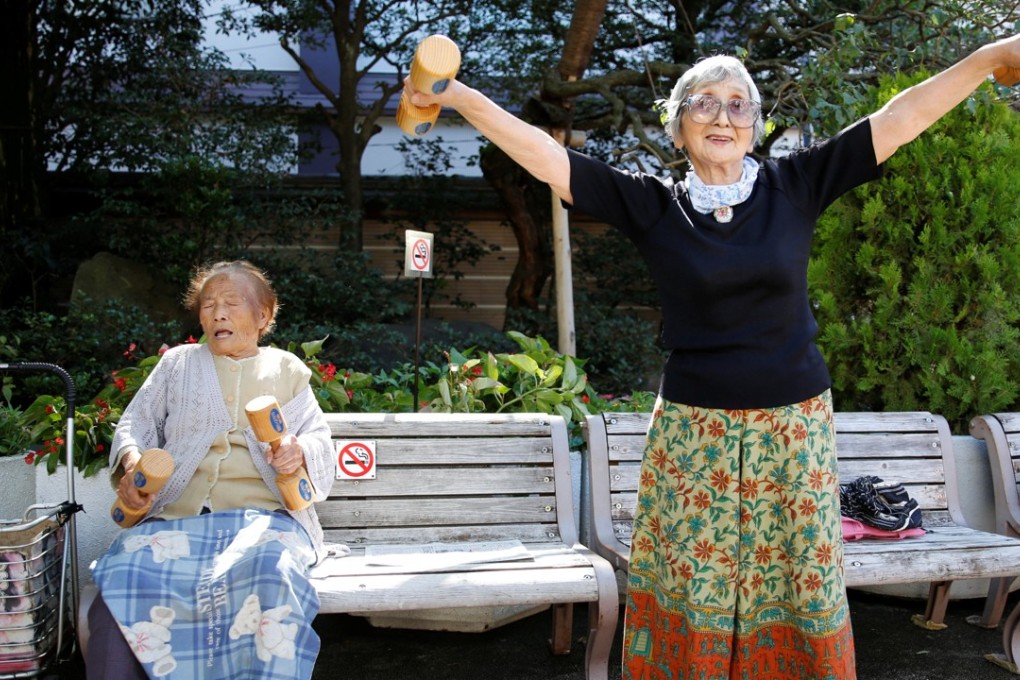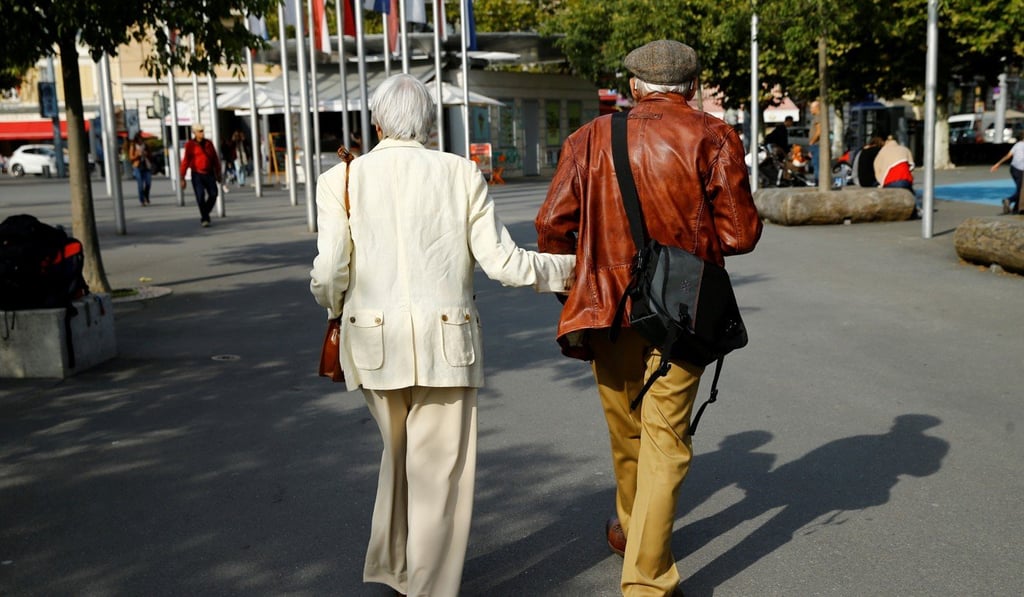Opinion | The elderly have the right to choose how they live or die – it’s a simple matter of dignity
Peter Kammerer says a dilemma over his increasingly infirm mother’s aversion to medical tests has taught him that ageing does not mean giving up control of one’s own health decisions

7 signs Japan has become a ‘demographic time bomb’
It’s not something I could ever consider for my mother, going on 87 and suffering conditions including diabetes, high blood pressure and osteoporosis.
Lately, she has been complaining about feeling weak and spends much of her day in bed. But she doesn’t want tests to find out why, arguing she’s lived a good life and is now too old to care. That, to me, says she’s given up the will to live.
But when asked that question, she’s adamant that the opposite is true. “I want to live to be 100,” she told me with conviction when I visited her in Australia last month. The way she smiles when a piece of her favourite cake is handed to her and her response as to why she doesn’t drink decaffeinated coffee (“it doesn’t give me a kick”) seems to confirm she’s not about to request being left under a tree in a far-flung forest. My confusion had me seeking advice from a mental health social worker.
Seniors start a flash mob in Auckland, New Zealand
I should have realised my mother was aware something was wrong when she began talking about spices and foods unusual to her diet. Phone conversations were laced with turmeric, saffron, cumin and fennel. Her kitchen and fridge were suddenly well-stocked with broccoli, garlic, beans, tomatoes and walnuts. Put a combination of these words into Google and the term “cancer” pops up.
We’re all going to die one day and the least we can do is leave the control in the hands of the person most affected
She broke her pelvis in a fall six years ago and, one by one, new ailments have been appearing. I had been visiting her every few years, but that changed to yearly and – given her worsening health – half-yearly, and now every three months. The deterioration is noticeable: last year, she could go to lunch, for a long walk in the park and then shop in the nearby mall. During my last trip, she could only manage lunch before complaining of tiredness and needing to go home for a rest. Where previously she was cooking meals, she is now able to only reheat frozen food, and make tea and coffee.

Why doctors should prescribe a dog to keep old people active
I’ve pleaded and begged with her, telling her of my love and the love of others, how we only want the best for her. Her doctor puts it down to pride, a tough character and a fierce independence. But my first counselling session, which my mother wanted nothing to do with, turned up something else.
